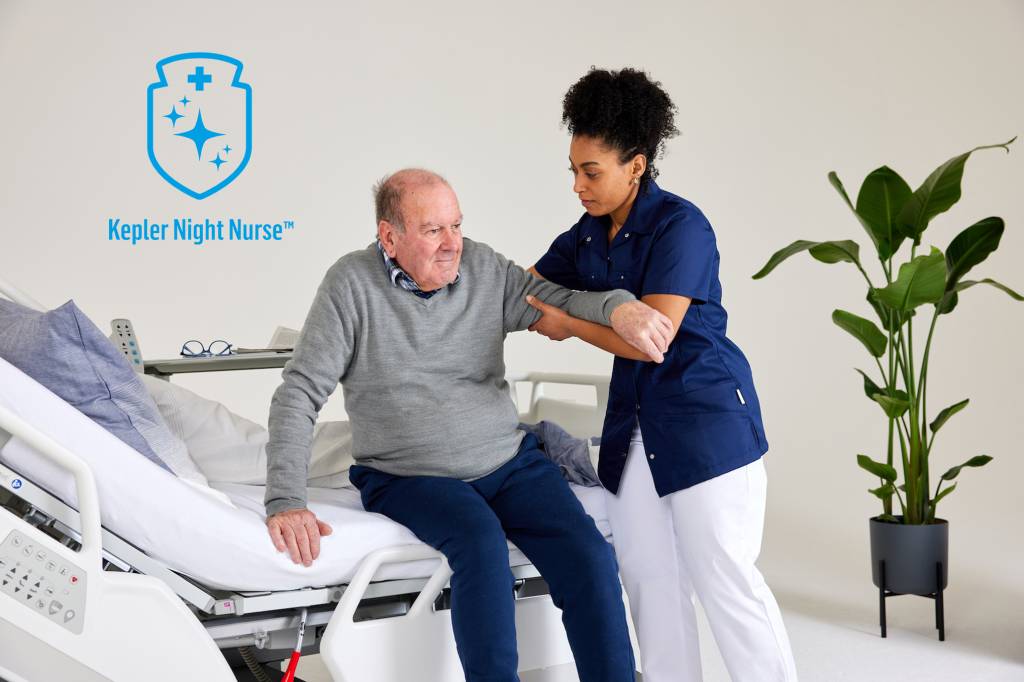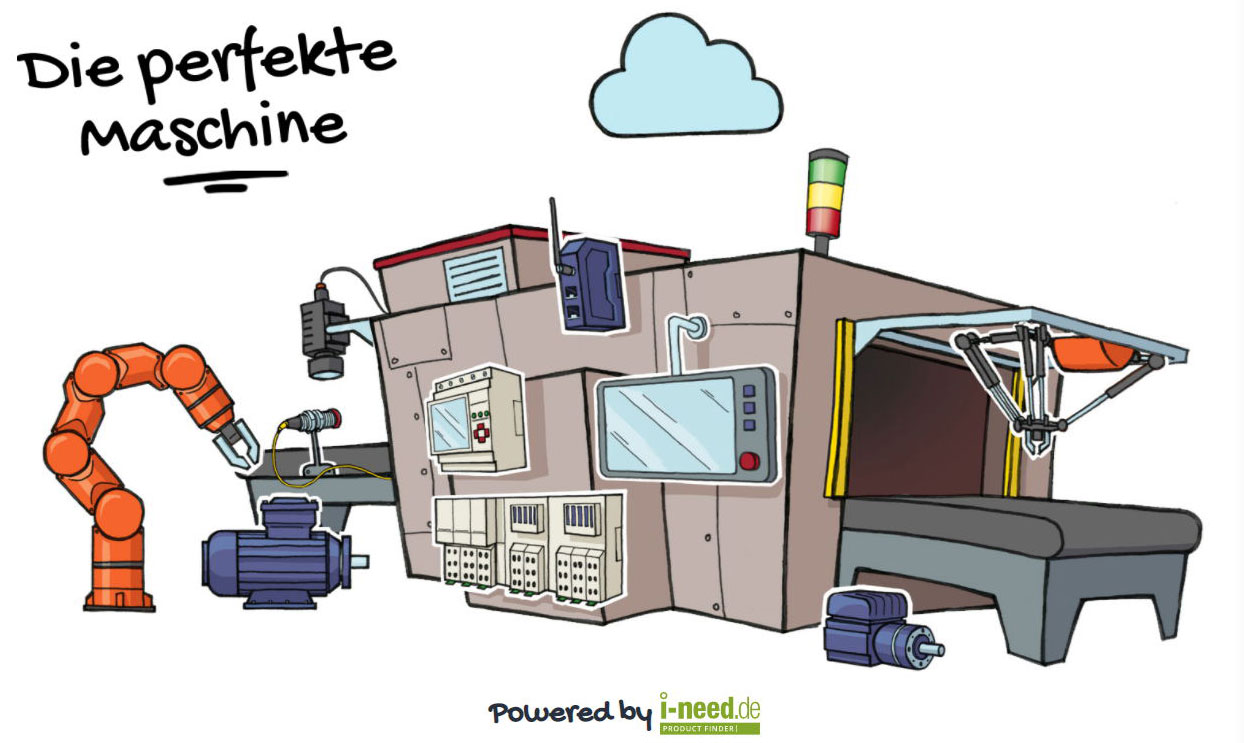
The care industry is facing increasingly difficult challenges due to an aging population and workforce. While the population of 65+ continues to grow, the workforce sustaining care for this demographic is shrinking. In Western Europe, in the next five years, 25% of the nurses will retire. Whereas there were ten people working to support one retiree in the past, we are rapidly moving to a world where only four people can support one retiree.

Falls Are Regular Occurrences
Kepler Vision Technologies is looking to fix this. To do this, they have focused on the two groups most impacted: elderly patients and care workers. In care homes and hospitals, falls are unfortunately a regular occurrence. Without the right support, patients that have fallen could lie on a floor for hours, with an array of potential injuries, waiting for help that does not come. Moreover, in busy periods there is little time to ensure residents that struggle to move are rotated from lying on one side to the other. This way, they develop ulcers, which are terrible wounds to have and to take care of.
The issue isn’t that care workers aren’t working hard enough, it’s because the workload continues to increase at unsustainable rates – which is not reflected in their pay – while the hours are exceedingly long, conditions are poor and it is negatively impacting workers mental health due to stress. In the United Kingdom, this has become especially worrisome, leading to strikes from NHS workers and other care workers over a long-running pay dispute with the government.
Kepler Night Nurse Uses
AI and Computer Vision
Previous solutions include motion-based sensors which are placed next to the bed, and will warn the caregiver when a resident starts to get out of bed. Many camera-based approaches are common in care facilities. Here, with so-called geo-fencing, an area around the bed is marked. When pixels in that area change value, this is an early warning that a resident may have fallen. However, the main drawback of these technologies is that they lead to alarm fatigue. A falling pillow or a raising of an arm to get a glass of water will ring the alarm. After twenty false alarms, the caregivers no longer react to the notifications they receive on their phones.
Kepler’s solution is called the Kepler Night Nurse. Using AI and computer vision, it allows care facilities to scale down their night staff from three caregivers per 100 clients to one caregiver. The cost savings are not important to the care facilities; the issue is finding enough care staff. The software reduces false alarms by 99%. This helps to prevent staff overworking and therefore creates less stress – allowing them to focus on the important aspects of caregiving. As well as fall detection, the technology has also integrated a lying position detection. This innovative technology empowers healthcare professionals with critical information about patients at an elevated risk of developing pressure ulcers.
Kepler has developed a complete smart-sensor solution for long-term care facilities with its growing ecosystem of international partners. Kepler’s technology is sold through system integrators like Konica Minolta, Vinci Energies, and KPN Health. The messages generated by Kepler’s technology are sent to the nurses‘ phones using nurse call systems like IQMessenger, Alcatel Lucent, and Ascom. Kepler’s technology is camera independent. An on-premise server processes the video streams of up to 60 cameras.
Embedded Nurse Assistant
In 2024, Kepler released the NurseAssist application together with German camera manufacturer Mobotix. For the first time, Kepler’s software runs embedded on the Mobotix C71 camera. The C71 can be run in privacy mode, which does not transmit a video signal. Instead, the camera only sends text messages when a long-term care resident needs help. Typical users of the smart sensor solution are long-term care facilities such as Domidep in France and Oktober in the Netherlands; hospitals like University Hospital Brussels in Belgium and University Hospital Groningen in the Netherlands; and mental care institutions Aita Menni in Spain and GGZ Eindhoven in the Netherlands.

